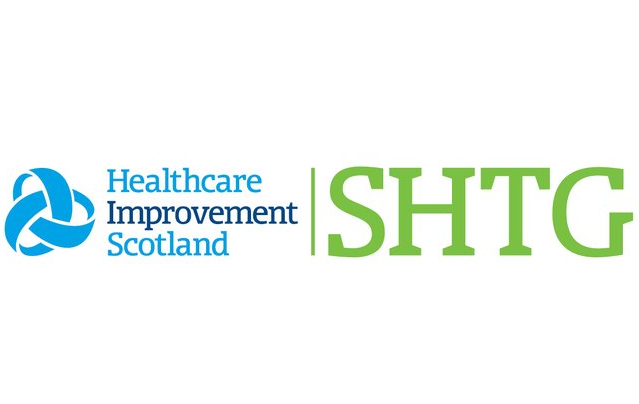Tumour profiling tests to guide adjuvant chemotherapy decisions for patients with early breast cancer [in development]

SHTG recommendation
In response to an enquiry from the Scottish Cancer Network.
What were we asked to look at
We were asked by the Scottish Cancer Network to look at the clinical and cost effectiveness, and patient and clinical experience, of tumour profiling tests for guiding chemotherapy decisions for patients with ER+, HER2-, early-stage breast cancer with 0-3 positive lymph nodes.
Why is this important
The Scottish Cancer Strategy (2023) states that allied to systemic anticancer therapy delivery, and in order to maximise the opportunities of precision medicine, comprehensive genomic tests should be offered as appropriate to people with cancer at an earlier stage in their clinical pathway.
In Scotland, breast cancer is the most common cancer in women and accounts for 28% of all cancers diagnosed in women, excluding non-melanoma skin cancer. Incidence of breast cancer is increasing over time with 4,297 new cases being diagnosed in 2020 in women in Scotland. The incidence of ER+, HER2- breast cancer is rare in men, but it does occur. While the studies reported were undertaken in women, there is no reason to believe that these tests would be any less useful in men and this guidance should apply to all patients with ER+, HER2-, early-stage breast cancer with 0-3 positive lymph nodes, regardless of sex or gender.
In most types of breast cancer, surgery is the first-line treatment. Adjuvant therapy, including chemotherapy, may be needed following surgery to reduce risk of recurrence and/or metastasis. While chemotherapy can reduce risk of recurrence, not all patients with early-stage breast cancer require it. Chemotherapy can cause short- and long-term adverse events, and it is important to take this into account. Clinicopathological factors such as tumour size, disease stage and age are used to guide choices on the most appropriate treatment strategy. Tumour profiling tests may be used alongside these factors to inform adjuvant chemotherapy decisions.

